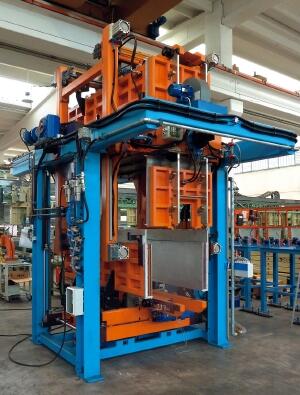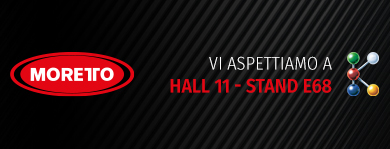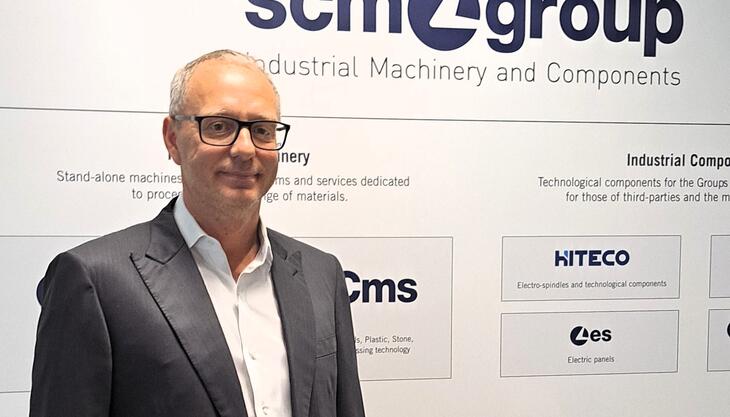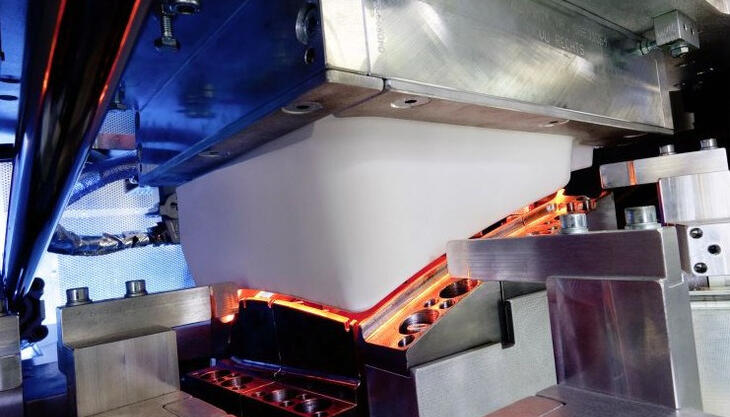
For its plant in Qingdao, China, the household appliance manufacturer Haier has ordered a second Cannon foaming plant based on the Vacuum Assisted Injection (VAI) technology for the production of refrigerators. This technology uses vacuum to facilitate the expansion of polyurethane rigid foam inside the cavity of the moulds employed for manufacturing household refrigerators, which are often difficult to fill due to their complex geometry.
The VAI technology (combined with the Pascal polyurethane formulas developed by Dow) increases the foaming line's output: by using this technology, it is possible to produce up to 10 cm-thick insulating foam sheets in a cycle time of 135 seconds and with extremely fast release and ejection times thanks to the foam's low thermal conductivity. Additional benefits include the optimum distribution of the material inside the mould, thus obtaining a uniform density of 33 kg per cubic meter, as well as the foam's outstanding insulating properties.
For the VAI technology, Cannon has developed a special polymerisation mask, inside which the refrigerator cabinet to be filled with insulating foam (consisting of an external metal sheet laminated with an internal thermoformed plastic coating) is maintained under constant vacuum conditions for the entire foam injection and polymerisation processes. In this way, it is possible to manufacture refrigerators based on an environment-friendly structural concept and extremely low energy requirement.
Sixteen foaming and polymerisation lines, provided with two rows of eight masks each, will be delivered by Haier to the Qingdao plant, making it possible to achieve an output of four refrigerator cabinets per minute. Two Cannon A-System metering units, connected with four CannonSR24 mixing heads, will inject the quantity of polyurethane mixture needed for each type of refrigerator with extreme precision. A central unit will generate the vacuum required in every mould, maintaining it at a constant negative pressure level for the whole insulating rigid foam's injection and expansion processes. The plant commissioning and start up is expected to take place in the second half of 2013.
























